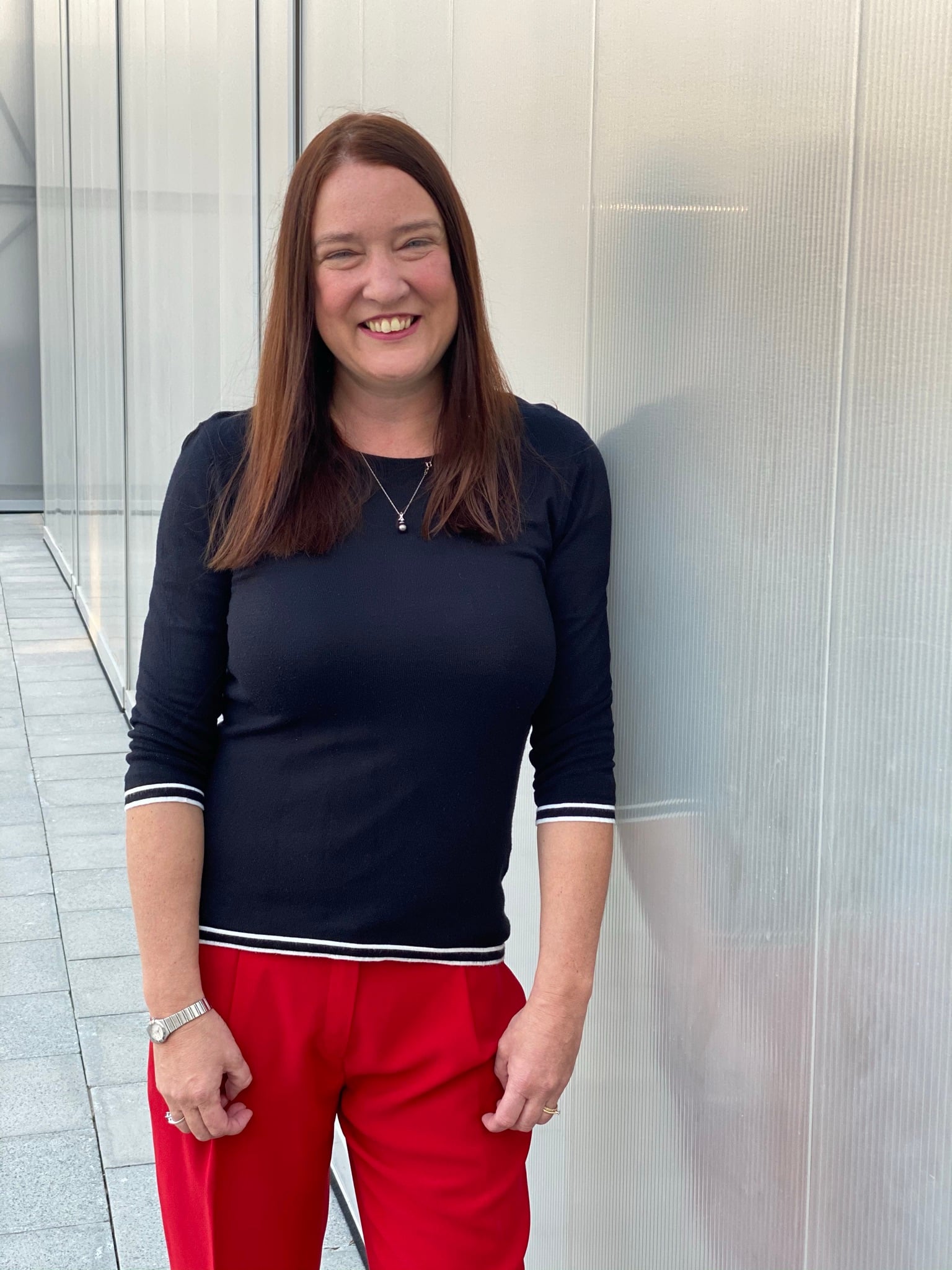 Well before the reality of Brexit had entered our social and political consciousness, I would frequently brandish the word ‘Brexette’. Not to be confused with a Eurosceptic backing singer, it was simply a flippant reflection on myself and many other female friends who’d left British shores in search of new adventures and opportunities overseas.
Well before the reality of Brexit had entered our social and political consciousness, I would frequently brandish the word ‘Brexette’. Not to be confused with a Eurosceptic backing singer, it was simply a flippant reflection on myself and many other female friends who’d left British shores in search of new adventures and opportunities overseas.
After four and a half years of agonising negotiations, that infamous campaign slogan “get Brexit done” finally rings true. Yet for a generation of Brits who have lived their lives under EU membership – whether Brexiter or Bremainer – the European experience will have a legacy.
For me, European citizenship provided the opportunity to enter the world of professional communications at a transnational level. Working across each one of the then 26 member states of the EU provided the fundamentals for tackling the language barriers that are part and parcel of everyday life as a Brexette.
Adopting the habits to write more naturally and clearly, use simpler vocabulary, streamline syllables, avoid jargon, and steer clear of words with multiple meanings became a valuable and practical legacy. As it turns out, it was just a mini-apprenticeship in one of the biggest challenges we face as marcomms professionals here in the UAE.
Upscaling the language basics from the 20+ nationalities of the EU to the 200+ of the UAE turned out to be the easy part. Facing up to the countless dimensions of diversity across these 200+ nationalities – cultural, ethnic, religious, socio-economic, among many others – is what proved somewhat overwhelming.
It was time to set aside the EU experience and go back to basics. After all, professional communication is a process with a learned theory behind it, particularly in the marketing domain. The creative aspects, the tools and tactics will change with the times, but the theory provides a constant guide, whenever and wherever you practice.
Knowing your audience is the first fundamental, or perhaps, more importantly, knowing who it is not. In a sea of such diversity, you cannot expect a product or service to relate to every discreet demographic. Attempting to communicate with all of them will likely lead to engaging none of them. If you’re Generation X, you’ve probably never heard of some of the hottest brands trending amongst millennials – and for good reason.
Equally, knowing who you are, what you do, what you stand for, your brand persona, even your tone of voice is critical. With few exceptions, those who try to be all things to all people struggle to find their place in a competitive market, now evidenced by the long line of general retailers being confined to Britain’s history books at the same time as its membership of the EU.
The primary goal with any communication is to be heard, and the principle that underpins that in marcomms is not shouting the loudest, but being different. Finding your unique selling proposition – even if you have a different one for different demographic segments – is what gives your communications a focal point, a hook for your audience to grasp on to.
Put simply, I re-discovered the basic pre-requisites for effective communication: an acute sense of situational awareness and a deep understanding of your audience, your organisational identity and your product. So to the irony; while the EU provided my stepping stone into transnational communications and the Brexette club, the institution’s own approach to communication is perhaps one area in which it fell short in the eyes of the British people.
For decades it has spoken on mass, to the masses, tried to be all things to all people, and struggled to express a relatable USP for the electoral audience to grasp on to at that critical moment. Britain’s departure delivers a cautionary communiqué, best summed up in the words of an Irishman, George Bernard Shaw, “The single biggest problem in communication is the illusion that it has taken place.”









